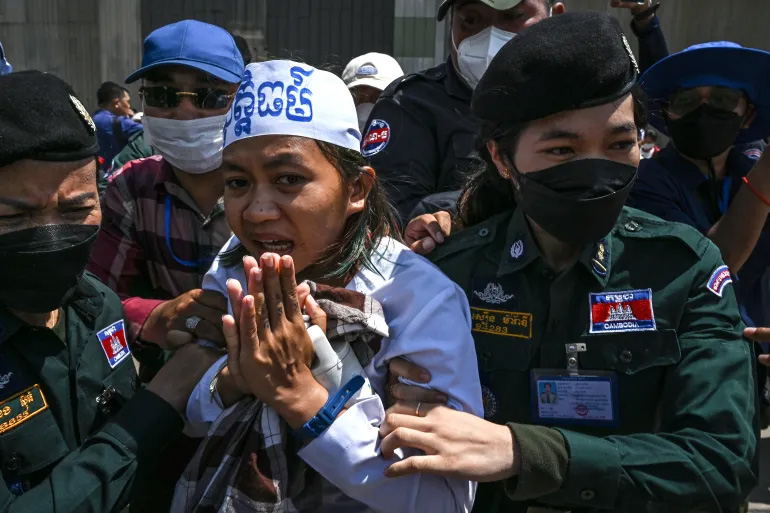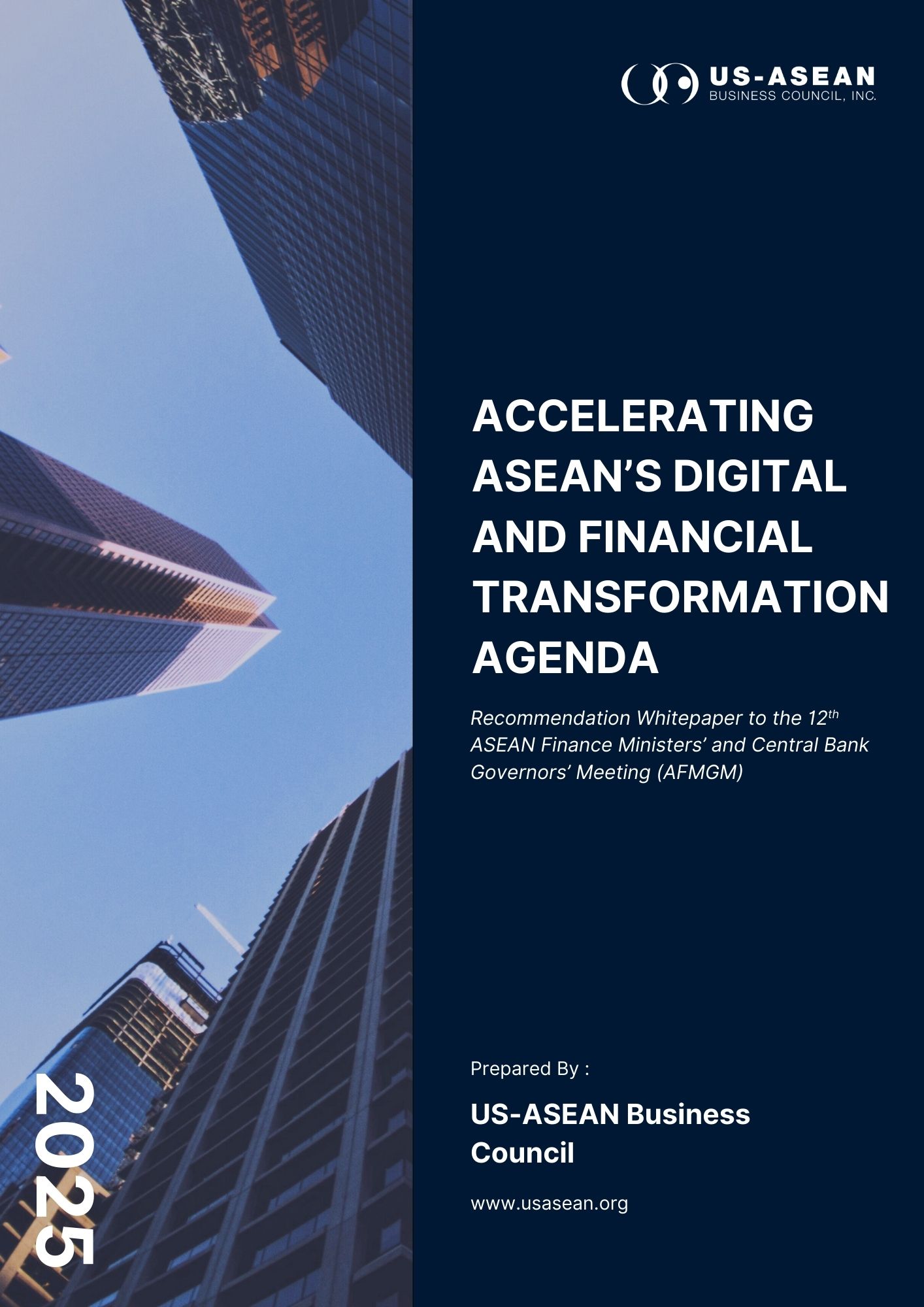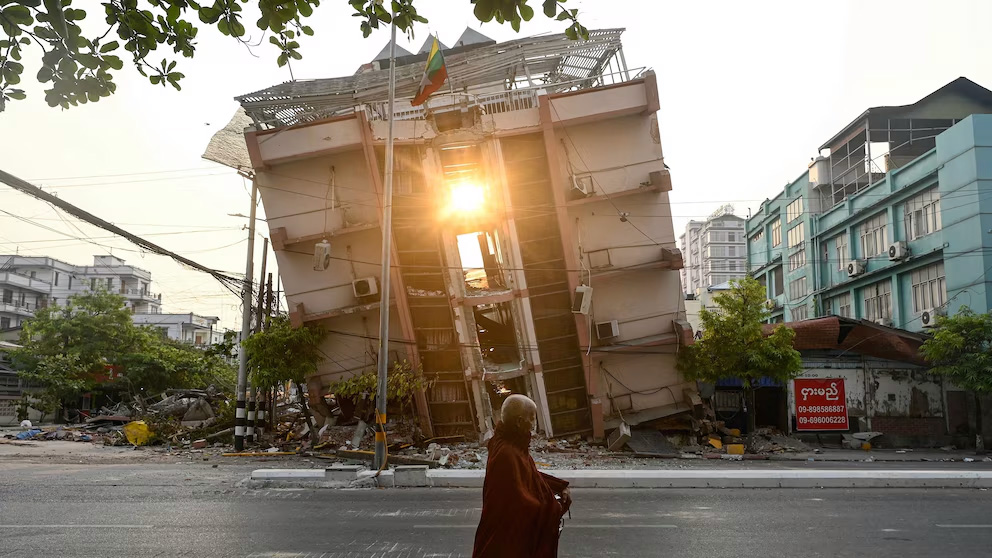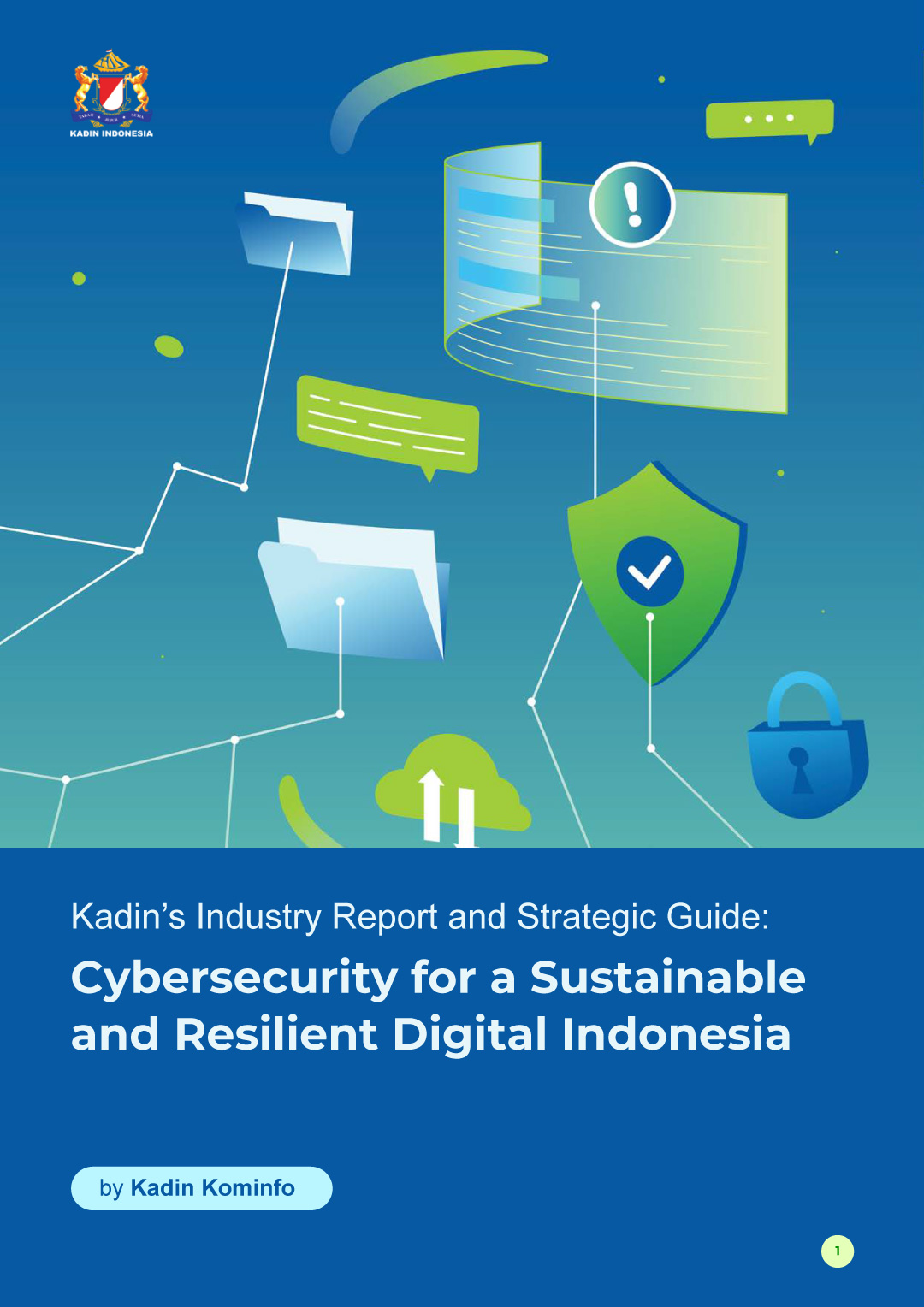Lès-Majesté Laws Used in Sentencing of Environmental Activists

The Phnom Penh Municipal Court sentenced ten young environmental activists from Mother Nature to prison on July 2, marking the first invocation of the country’s lèse-majesté law under Prime Minister Hun Manet. The activists faced scrutiny for their involvement in a May 2021 Zoom meeting, during which they were accused of insulting then-Prime Minister Hun Sun and King Norodom Sihamoni. Three of the activists identified as leaders will serve eight years in prison for plotting against the government and insulting the King, while the other seven will serve six-year sentences for plotting against the government.
While some neighboring countries, including Thailand and Brunei, have long-standing lèse-majesté provisions, Cambodia’s is relatively new, having been passed by the parliament in 2018. Article 437, as it's known in the Cambodian Criminal Code, criminalizes any speeches, writings, gestures, or items that are deemed to insult the dignity of the King. The article allows prosecutors to file a criminal suit against anyone deemed to violate that definition. Those convicted face a mandatory sentence of one to five years’ imprisonment, plus a fine. By 2022, Cambodian courts had invoked Article 437 in over 15 cases, resulting in seven convictions. It remains to be seen whether the Hun Manet government will begin to lean on lèse-majesté charges in stifling dissent, or whether the conviction only represents deference to a judicial process that was underway well before his ascension to the premiership.








